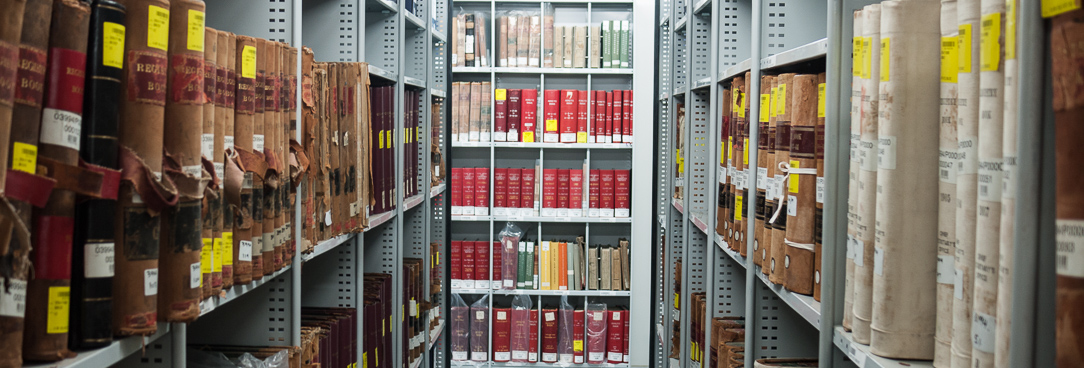All archives, be they large institutional archives or small community based collecting groups should have a single or multiple policies that outline why the collect, how they collect and what they collect. As a small community organisation you may find it more manageable and efficient to simply have one 'archives policy' rather than many policies that deal with these issues.
The archives policy enables your collecting group to control and better manage the intake of records and items into your collection. Simply put it ensures that your organisation does not fill up valuable storage space with records or items that have no relevance to the organisation’s or its member’s interests for research. The archives policy also enables you as an organisation to promote and market to your community who you are and what you collect. In this way the policy can help you promote yourself as a place for potential donors to donate and contribute historical material that will enhance your collection. It also gives you clear guidelines on how to deal with a range of activities, from accepting donations, access and disaster planning.
The archives policy is an official public statement that describes:
• purpose of the archive
• why it collects
• what it collects
• what it does not collect
• who can use the material collected.
A good archives policy is:
• concisely written & easy to understand
• accurate & up-to-date
• identifies who is responsible for the archives and who approves the policy
• when the policy was approved and timetable for review
• sets out the purpose of the archive within its host setting.
The archives policy should include:
An acquisition statement or policy
This sets the purpose of the archive, what it collects and why.
An access statement or policy
The access statement or policy outlines what the researcher can expect to have access to within the collection.
The scope and nature of your organisation’s archival activities
This sets out what the organisation collects and what it does not collect. If storage space in the organisation is limited this may include the types, format or size of material.
Roles and responsibilities of those who work with the archives
Depending on your organisation and how it is managed this may include paid staff, officials or volunteers.
Disaster preparedness
The policy should make reference to your separate disaster plan for your collection. The State Library of Queensland has developed a useful Disaster Plan template for community collecting organisations which is available here.
Procedures and forms
These may include information and forms for potential donors including donor forms, copyright forms, and a procedure for deciding whether to accept records into your collection.
A process for de-accessioning of material from the collection
This information will state to your potential donors and your community how you will deal with accepting, rejecting or removing items from your collection. These process of accepting items into a collection is referred to as ‘accessioning’ and the processes of deciding what should be removed from a collection permanently is called ‘de-accessioning’. Many community based collecting groups have legacy records and items in their collection. Establishing a clear process and procedure for deciding what items no longer fit with your collecting policy is important to enable you as an organisation to manage your collection and limited spaces for storage.
Your policy should outline:
- when & why material might be de-accessioned
- who will decide what is de-accessioned
- what will happen to de-accessioned material. Will it be offered back to a donor or their family? Will it be offered to another collecting organisation whose colleting policy fits the material?
A mechanism for reviewing the policy
The Archive Policy is not a static document and should be reviewed on a regular basis. Many aspects of your organisation and its activities may change over time and your policy should be updated to reflect these types of changes.
The Archive Policy should be reviewed when there is:
• any change in material that is the focus of the collection
• any change in who can use the archives
• any change in services offered
• any changes to administrative procedures.
